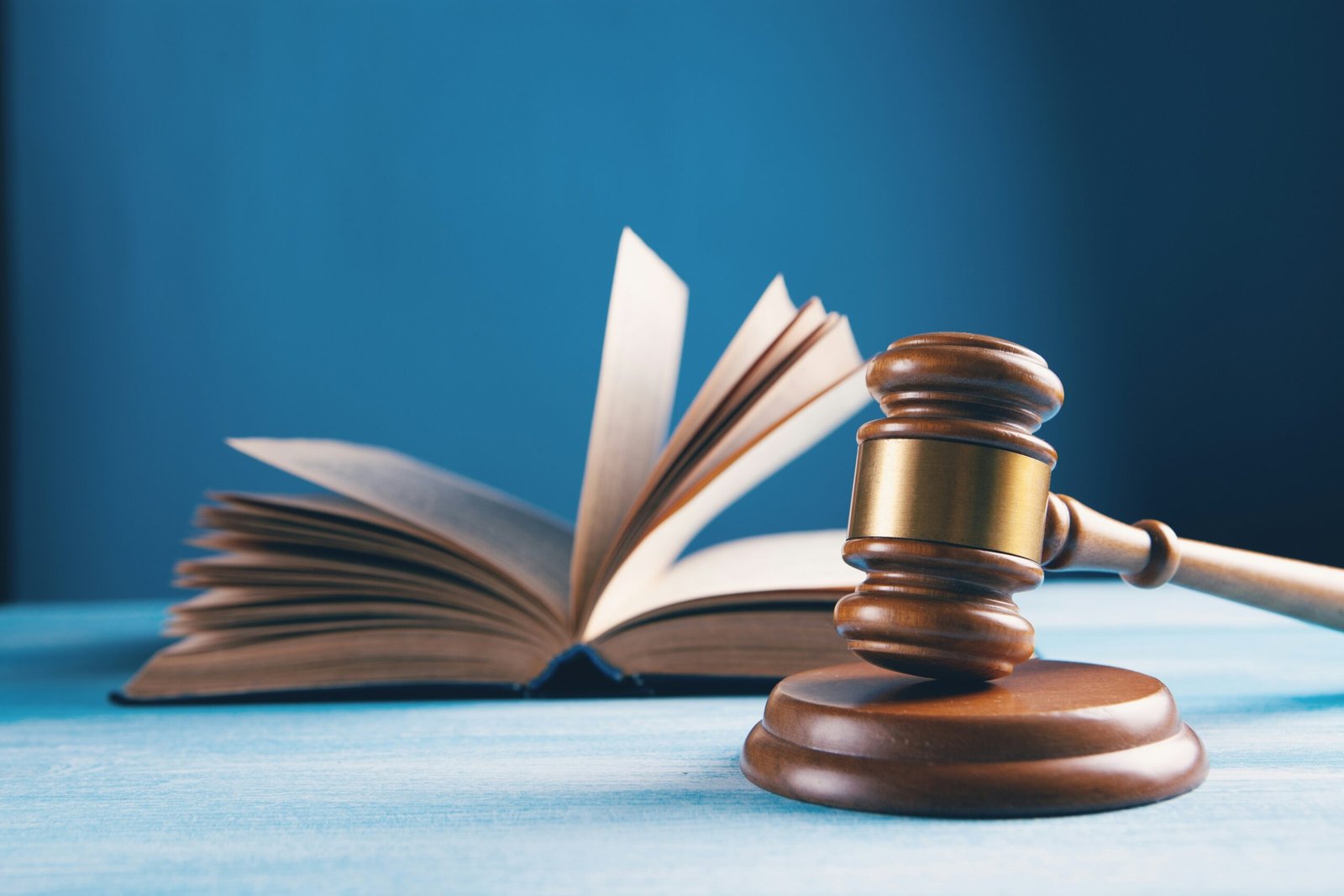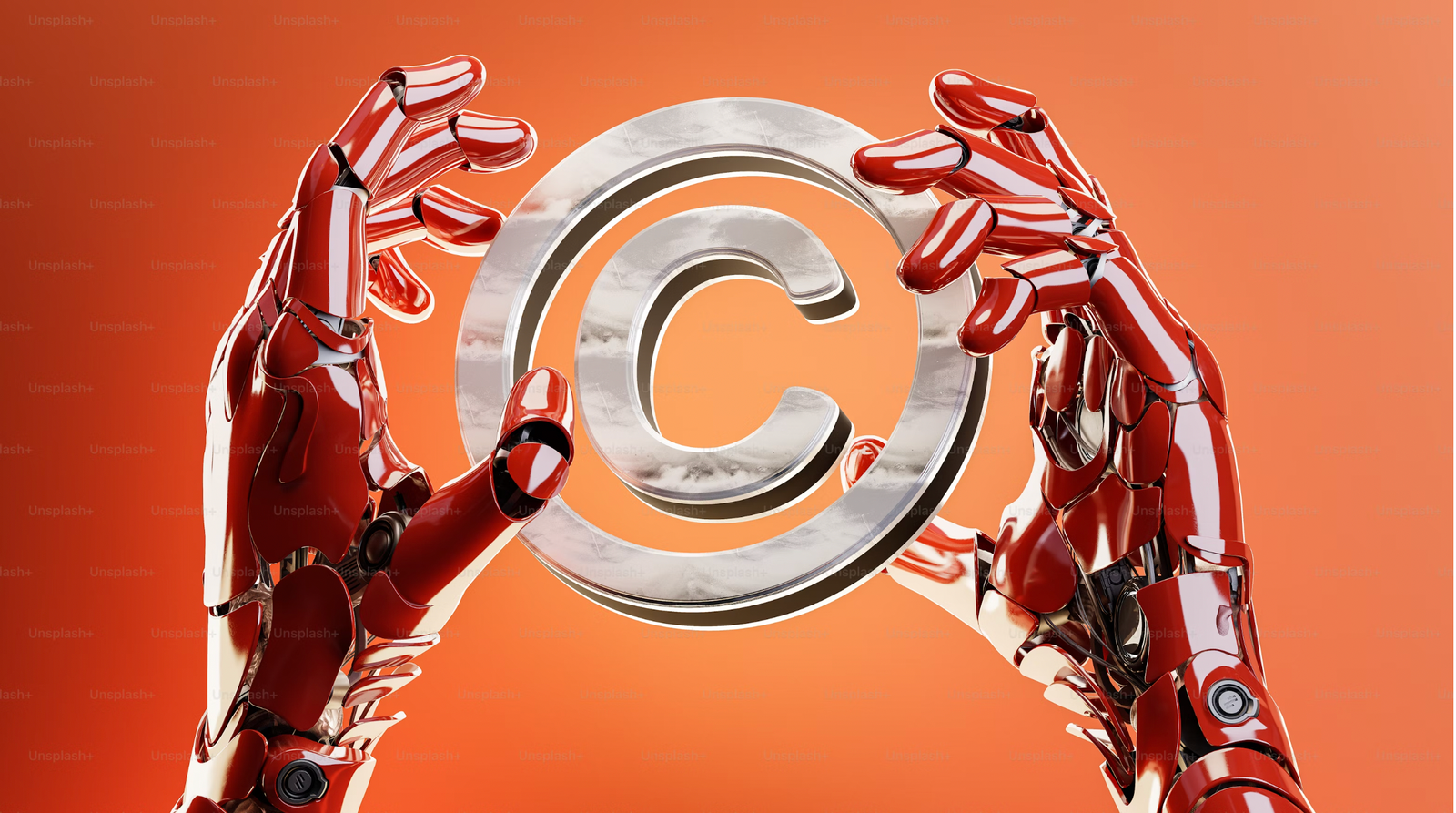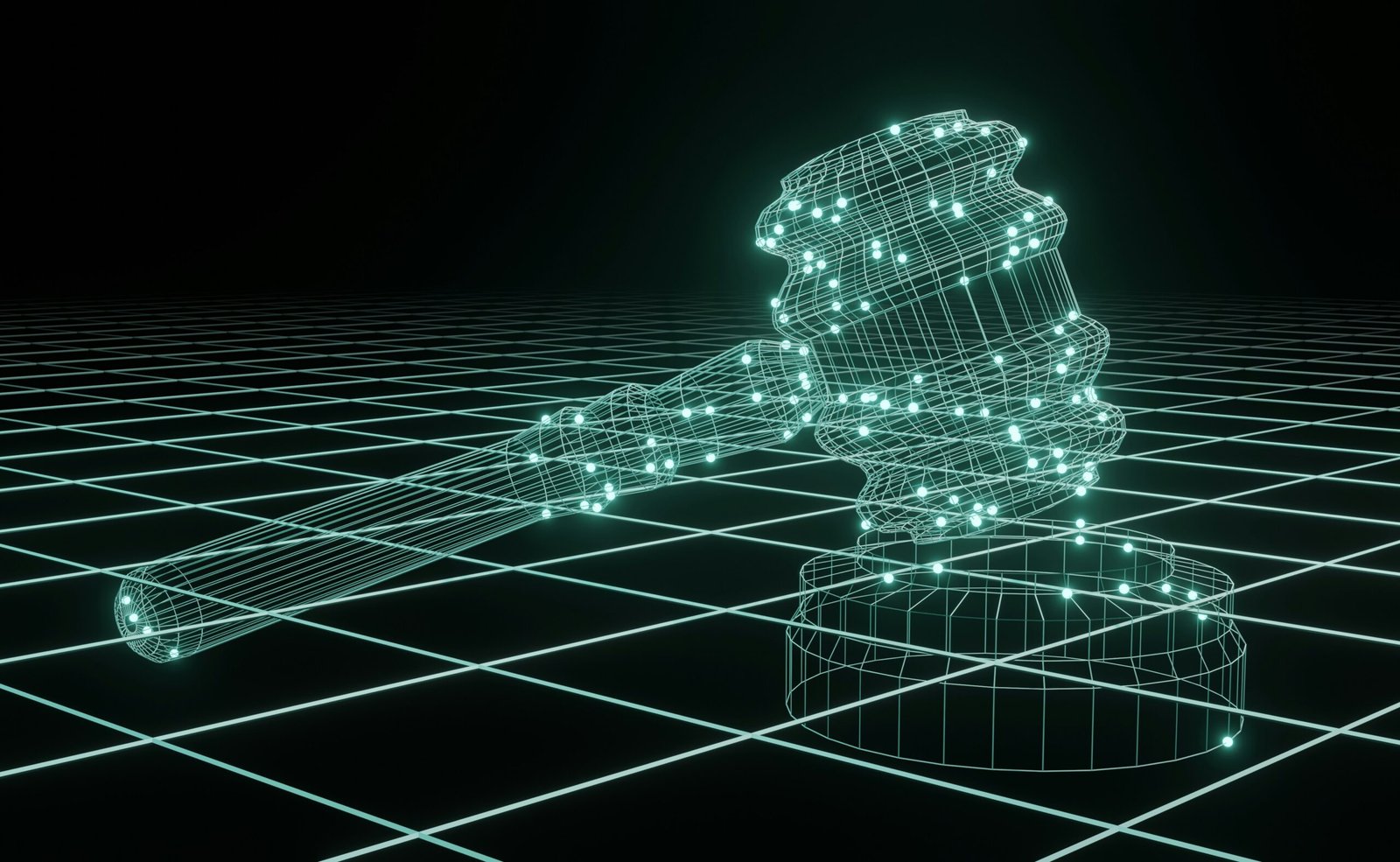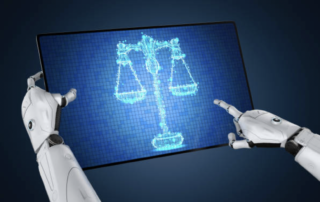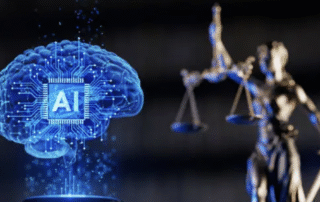Emerging Litigation Podcast
Agentic AI on Trial: You Be The Judge Part 1 – Medical Diagnostics | Featuring An AI Expert, a Google Cloud Exec, and a Florida Circuit Judge
When autonomous AI systems make life-and-death decisions, who is responsible when something goes wrong? In Part 1 of the Agentic AI on Trial series, Galina Datskovsky, PhD, Marina Kaganovich, and Hon. Lisa Walsh examine a hypothetical agentic AI mammography triage system designed to operate with minimal human oversight. The panel explores accountability across developers, hospitals, clinicians, and data providers—and whether new standards of care are emerging for machine decision-making. A must-listen for health tech, compliance, and healthcare operations professionals navigating the legal and operational risks of autonomous AI.
Artificial Intelligence on Your Trial Team with Adam Massaro on the Emerging Litigation Podcast
Artificial intelligence is quickly becoming a powerful asset for modern trial teams. In this episode of the Emerging Litigation Podcast, litigator Adam Massaro breaks down how AI is reshaping trial preparation—from sharpening expert cross-examinations to streamlining evidence management and elevating witness preparation. He explains why structured data and precise prompts are essential to unlocking AI’s full potential, and how these tools can help attorneys evaluate case strength, refine strategy, and anticipate challenges long before entering the courtroom. A must-listen for anyone integrating AI into litigation practice.
Unraveling “Reverse Discrimination” with Employment Attorney Leah Stiegler on the Emerging Litigation Podcast
What happens when workplace discrimination claims come from members of majority groups? In this episode of the Emerging Litigation Podcast, attorney Leah Stiegler of Woods Rogers unpacks the Supreme Court’s unanimous decision in Ames v. Ohio Department of Youth Services. The Court’s ruling—eliminating the “background circumstances rule”—marks a major shift in how discrimination cases are evaluated, reinforcing that Title VII protects everyone equally. Leah shares insights from mock jury trials, explores how geography and community values affect verdicts, and breaks down what employers should know about evolving discrimination standards.
A Shameless Plug for Our Content Services
Your content marketing is everything you’ve ever dreamed of. Right?

Critical Legal Content was founded by Tom Hagy, former Editor & Publisher of Mealey’s Litigation Reports and VP at LexisNexis, founder of HB, current litigation podcaster and editor-in-chief. CLC’s mission is to help smaller firms and service providers not only create content — blogs, articles, papers, webinars, podcasts (like the stuff on this site) — but also to get it out there. How? Via social media, this website, your website, and potential via our podcast and journal which we publish in collaboration with vLex Fastcase and Law Street Media. The goal is to attract readers and dizzy them with your brilliance.
*Inspired by actual events.
Create content like a real legal publisher.
Emerging Litigation Journal
HB Environmental Update | Tuesday, Feb. 3, 2026 | Climate Funding, Wind Power, Wild Horses, PFAS Regs, PFAS Settlement, and the Decades of Debate Over the Pollution Exclusion
Environmental law is entering another period of rapid change, as courts step in to define the limits of agency authority, corporate responsibility, and insurance coverage. Federal climate funding disputes now turn on contract law rather than administrative review. International prosecutors are bringing environmental crime cases. U.S. courts are shaping the future of wind energy projects, forest management, and wild horse policy. At the same time, PFAS regulation and settlement oversight are intensifying, while state high courts weigh in on long-debated insurance exclusions tied to pollution. This week’s developments reflect a legal landscape where judges increasingly steer environmental policy.
Cannabis Laws & Workplace Drug Testing: What Employers & Employees MUST Know in 2026
As cannabis laws continue to evolve nationwide, employers and employees are facing new questions about drug testing, workplace safety, and legal compliance. In this episode, labor and employment attorney Keya Denner of Constangy, Brooks, Smith & Prophete explains how changing cannabis policies intersect with the ADA, privacy rights, and fitness-for-duty requirements. The discussion covers documentation best practices, reasonable accommodation, and how legal drug use affects workplace policies. Essential listening for HR professionals, business leaders, and anyone navigating substance use, safety obligations, and employment law in a rapidly shifting legal landscape.
An Innovative New Law Firm Self-Ranking Tool with Molly Huie and Sara Lord
What if law firms could measure success using more than just headcount and revenue? In this episode, Molly Huie of Bloomberg Industry Group joins data strategist Sara Lord of Reed Smith to discuss Bloomberg’s innovative Leading Law Firms self-ranking tool. The program blends financial strength, talent, innovation, growth, and excellence metrics into an interactive platform that helps firms benchmark performance in a more meaningful way. The conversation explores how the tool benefits business development leaders, managing partners, and firms of all sizes seeking data-driven insights.
HB Webinars on CeriFi LegalEdge
Am I Covered For? . . . A Discussion of Insurance Coverage Issues
Join Steven J. Pudell and Christina Yousef of Anderson Kill and William Harrison of Gallagher for an engaging CLE webinar introducing the fundamentals of insurance coverage. This session breaks down the differences between first-party and third-party claims and provides an overview of key insurance policies—including general liability, property, D&O, E&O, employment practices, cyber, commercial crime, and product recall. Through real-world examples and practical tips, the panel will highlight common challenges policyholders face and how courts have addressed key coverage issues. Ideal for those new to insurance or looking for a comprehensive refresher.
Cyber and Privacy Risk and Insurance in 2025: Part I—”the Basics”
Join leading experts Joshua Gold and Luma Al-Shibib of Anderson Kill, P.C., and Miranda Jannuzzi of Aon for Cyber and Privacy Risk and Insurance in 2025: Part I—"The Basics”, a foundational CLE webinar that explores the evolving cyber threat landscape and how insurance can (or can’t) help mitigate losses. Learn about key cyberattack vectors, common pitfalls in the path to coverage, and the latest developments in privacy-related risks and insurance products. Ideal for those looking to strengthen their understanding of cyber risk and insurance fundamentals.
Generative AI & Insurance
Join Marshall Gilinsky, Shareholder at Anderson Kill; Tiago Henriques, Chief Underwriting Officer at Coalition Insurance; Colleen Murphy, Partner at Goldberg Segalla; and Marc Schein, CIC, CLS, Risk Management Consultant at Marsh McLennan Agency, for a CLE webinar exploring how generative AI is transforming the insurance industry—from underwriting to claims handling. Gain insight into emerging risks, E&O considerations, and how AI tools are reshaping policies, liability, and the future of insurance coverage.


